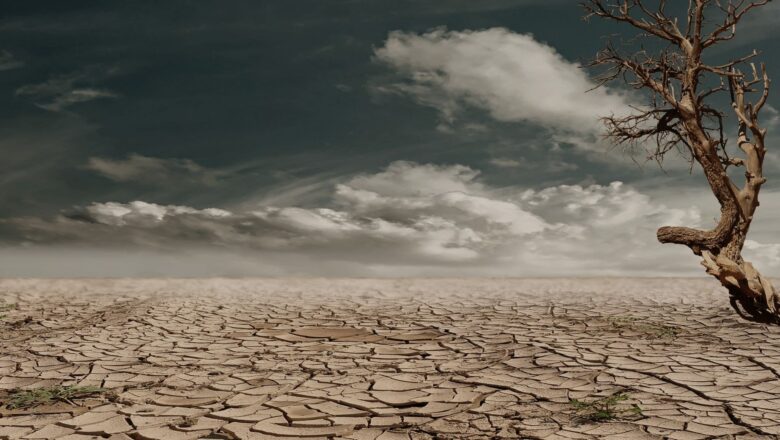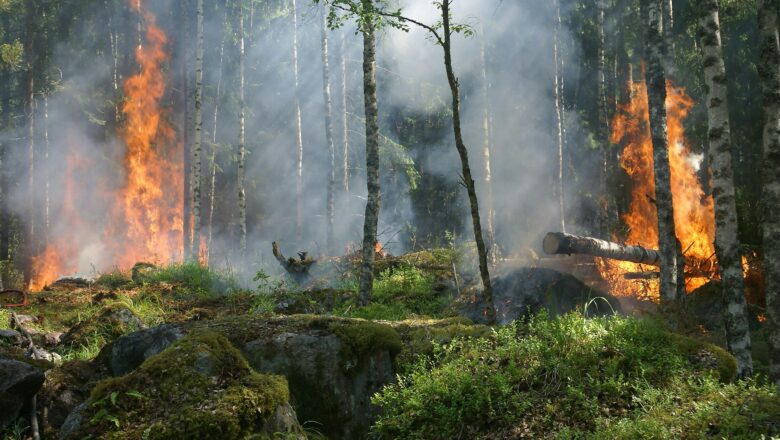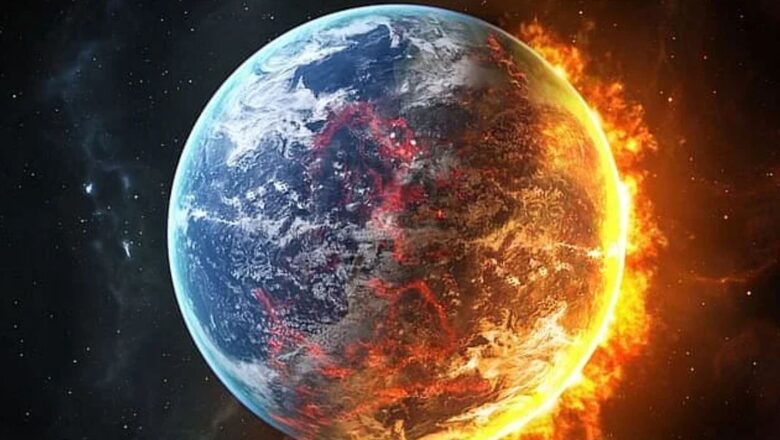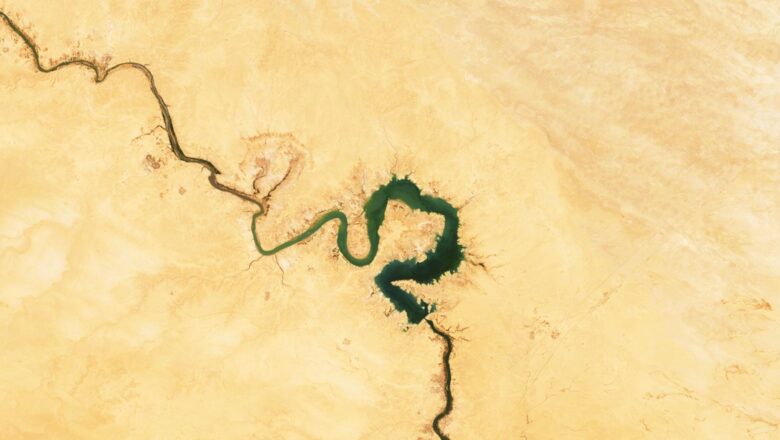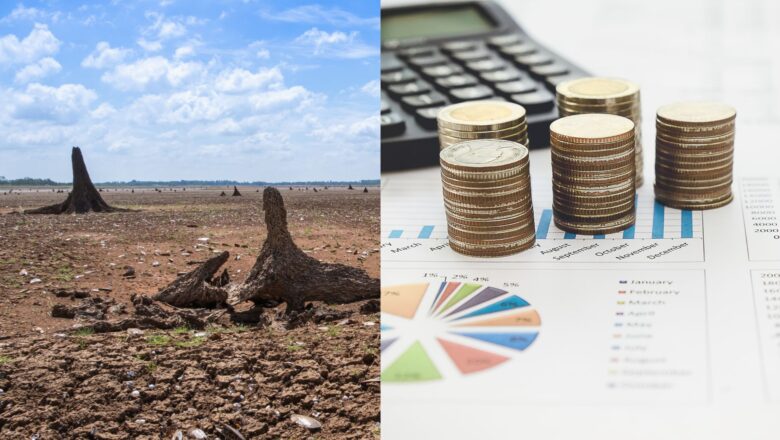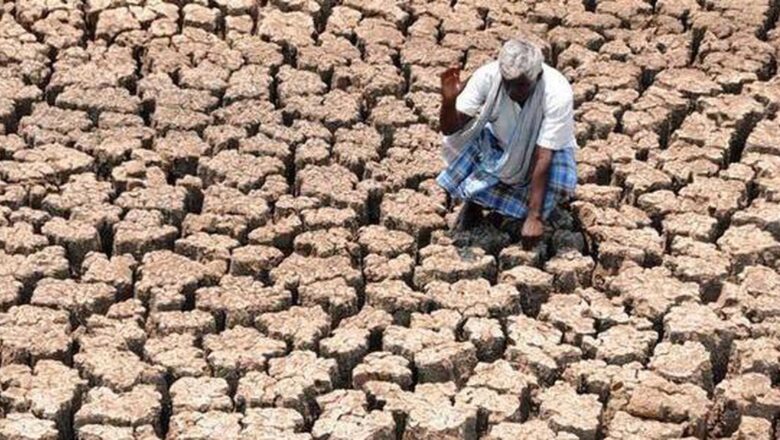
Record January Heat Shows La Niña Struggling to Cool a Warming World
January 2025 has shattered temperature records, marking the hottest start to a year ever recorded 1.7°C above pre-industrial levels. Many climate watchers expected a cooling effect due to the natural La Niña phenomenon, but global warming appears to be overpowering it. Scientists now warn that human-driven ocean warming is beginning to overwhelm natural climate patterns, making temporary cooling phases like La Niña less effective.
La Niña is part of the El Niño Southern Oscillation (ENSO), a climate pattern that influences global temperatures by shifting ocean heat between basins. While El Niño causes warming, La Niña typically brings cooler global temperatures by shifting heat away from the eastern Pacific. Historically, La Niña has helped suppress temperature spikes, but this year, ev...

